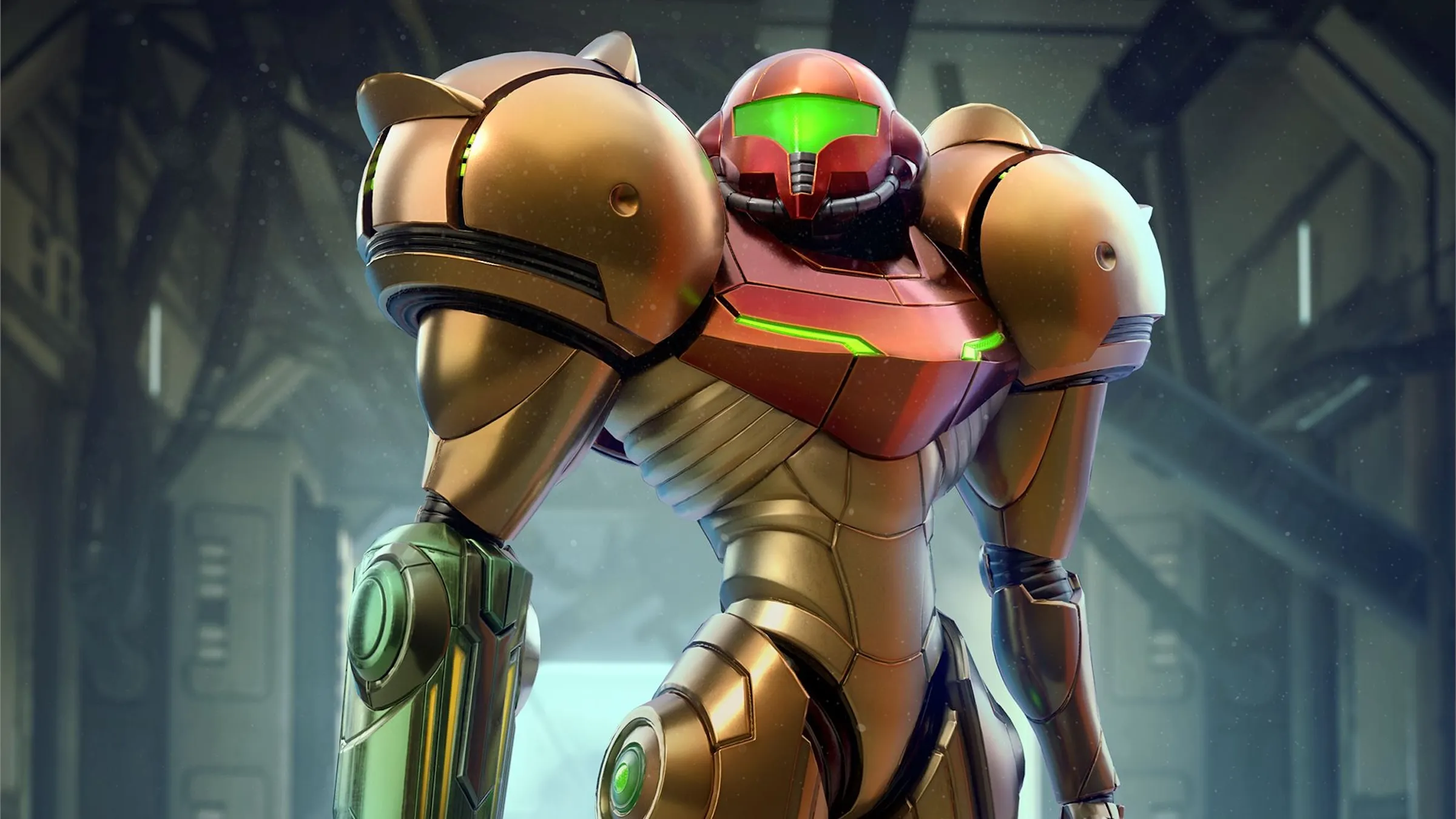
The Metroid series is one of the most influential in gaming history. Over the past four decades, the character Samus Aran has grown from a simple 8-bit hero into an icon for Nintendo, essentially creating the “Metroidvania” style of game and inspiring countless developers. Metroid has consistently stood out on various platforms – from handhelds to home consoles – thanks to its immersive atmosphere, focus on a sense of loneliness, and willingness to try new things. Each game, whether played in 2D or from a first-person perspective, has left a lasting mark on the gaming world.
With the upcoming release of Metroid Prime 4: Beyond, fans are both thrilled and eager to see if it lives up to the legacy of the original Metroid Prime games. After more than ten years, expectations are incredibly high for Samus’s next adventure, and whether it will successfully innovate the series. While we anticipate Nintendo’s next steps, now is a great time to look back at every Metroid game ever made, starting with the least favorite and moving towards the best.
13) Metroid Prime: Federation Force
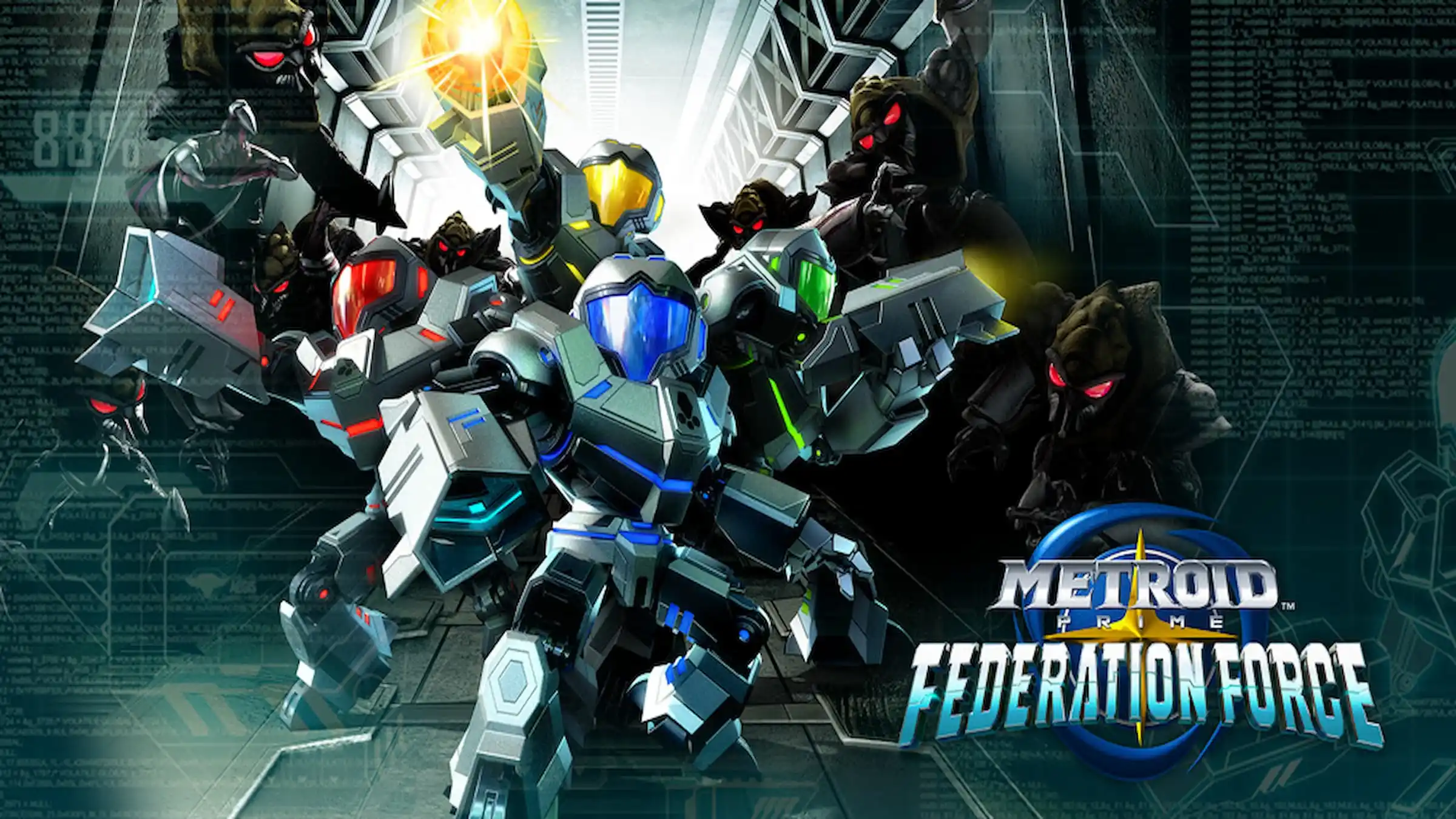
Though officially a Metroid game, Metroid Prime: Federation Force is widely considered a disappointment by fans. Unlike other Metroid titles, you don’t play as Samus Aran. Instead, you control anonymous Federation soldiers in a cooperative shooter that feels more like a side story than a proper continuation of the Prime series. Its bright, cartoonish graphics were a stark contrast to the dark, immersive sci-fi atmosphere the series is known for. When fans were hoping for a strong return to the Metroid universe, Federation Force just didn’t deliver.
Okay, so as a Metroid fan, I really wanted to like Federation Force, but it just didn’t click. Honestly, the missions felt really samey, and controlling things on the 3DS was a bit awkward. They pushed the co-op aspect as the big thing, but it wasn’t exciting enough to make me forget I wasn’t playing as Samus! Some people liked that they tried something different, but it lost everything that makes Metroid Metroid – that feeling of being alone, the suspense, and the amazing worlds. It didn’t really evolve the series, it just felt… different for the sake of being different. It’s not a bad game, you can definitely play it, but looking at all the Metroid games, it just feels like a misstep – more like they were confused about the brand than actually trying to innovate. It really missed the mark on the atmosphere, tone, and solid gameplay that define the series, and honestly, it’s the weakest entry by far.
12) Metroid Prime Hunters

Metroid Prime Hunters was a bold attempt to bring the Metroid series to the Nintendo DS. While it did some things well, it didn’t quite reach the quality fans had come to expect. The game focused on using the DS touchscreen for aiming in fast-paced, competitive multiplayer matches, making it different from typical Metroid games. The controls were new and interesting, but could be tiring to use for extended periods. Although Hunters included a lot of multiplayer options – unusual for the series – it lacked the immersive story and atmosphere that Metroid is known for, though it did gain a dedicated following.
The game’s story felt a bit weak. Instead of a sprawling, connected world, players moved between separate missions that didn’t feel very connected or build on each other. While the new bounty hunter characters – like Noxus, Sylux, and Spire – were interesting, they didn’t add much to the overall Metroid universe. The graphics were good for the DS, but the environments lacked the detailed atmosphere and storytelling that usually make Metroid games so immersive.
Hunters isn’t a poorly made game, but it feels out of place. If it had been released as its own new series on Nintendo consoles, it might have fared better. However, because it’s labeled as a Metroid game, it unfortunately falls short – it’s an ambitious title that simply doesn’t capture the core essence of what makes Metroid special.
11) Metroid: Other M
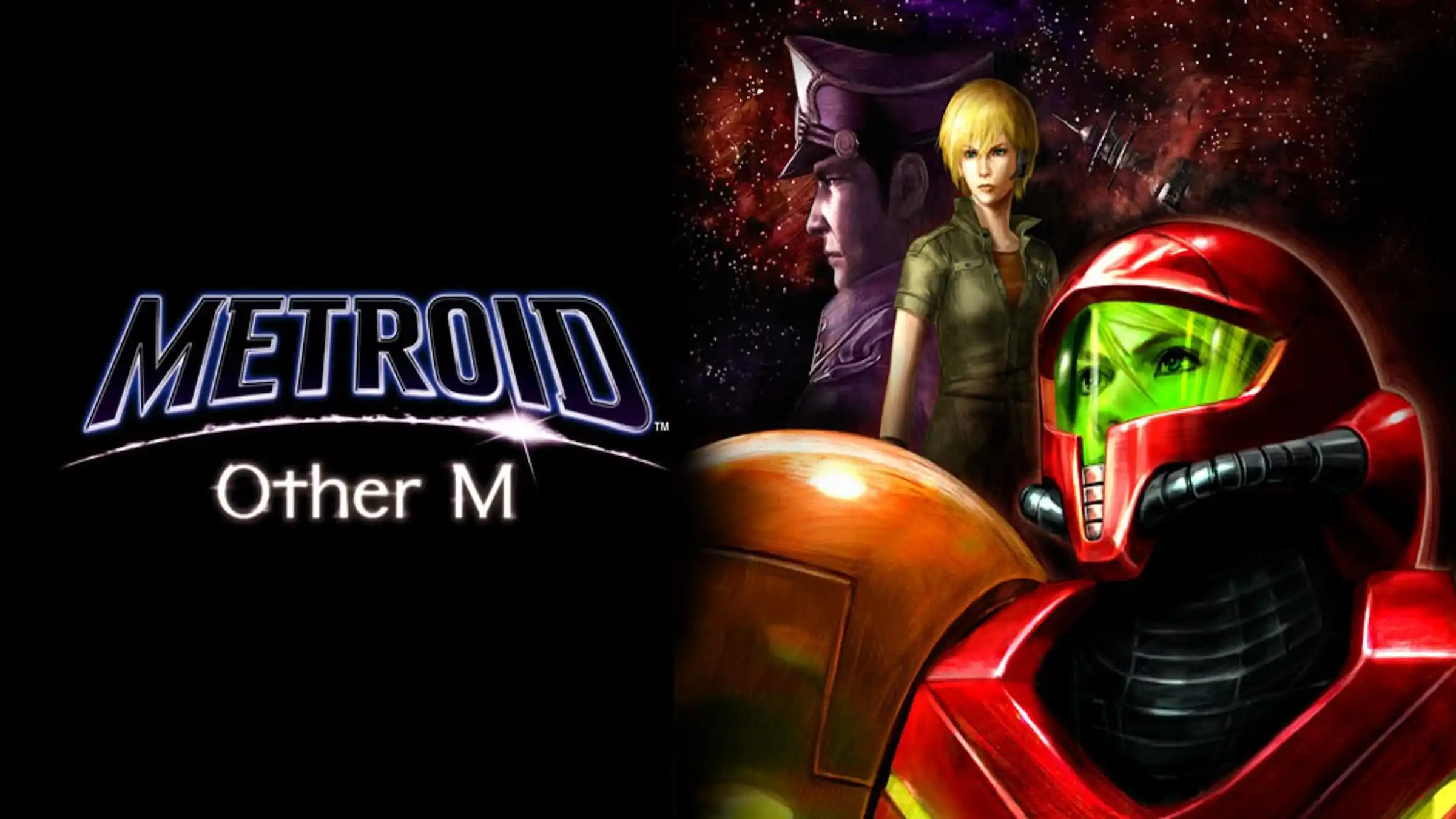
Metroid: Other M is one of the most controversial entries in the series. While its mix of third-person action and first-person aiming felt fresh and exciting, the game was heavily criticized, especially for its story. The developers, Team Ninja, tried to make Samus more relatable through cinematic cutscenes, but many fans felt this actually weakened her character, turning a strong and enigmatic hero into someone defined by weak writing and uncomfortable emotional moments. The game had interesting ideas, but it didn’t feel true to the spirit of Samus.
While Other M isn’t fundamentally flawed in how it plays – its dodging, fast movement, and finishing moves look great – it’s held back by frustrating design choices. The most criticized is the ‘authorization’ system, which prevents Samus from using her abilities until another character unlocks them. This system goes against what makes Metroid games special: the freedom to explore and feel powerful while doing so.
The game looked good on the Wii, featuring clear character designs and impactful cutscenes. However, even these positives couldn’t save it from a story that didn’t match what fans were hoping for, leaning too heavily into melodrama. Other M is an interesting but imperfect game – it’s not as bad as some say, but it definitely isn’t one of the series’ highlights.
10) Metroid II: Return of Samus
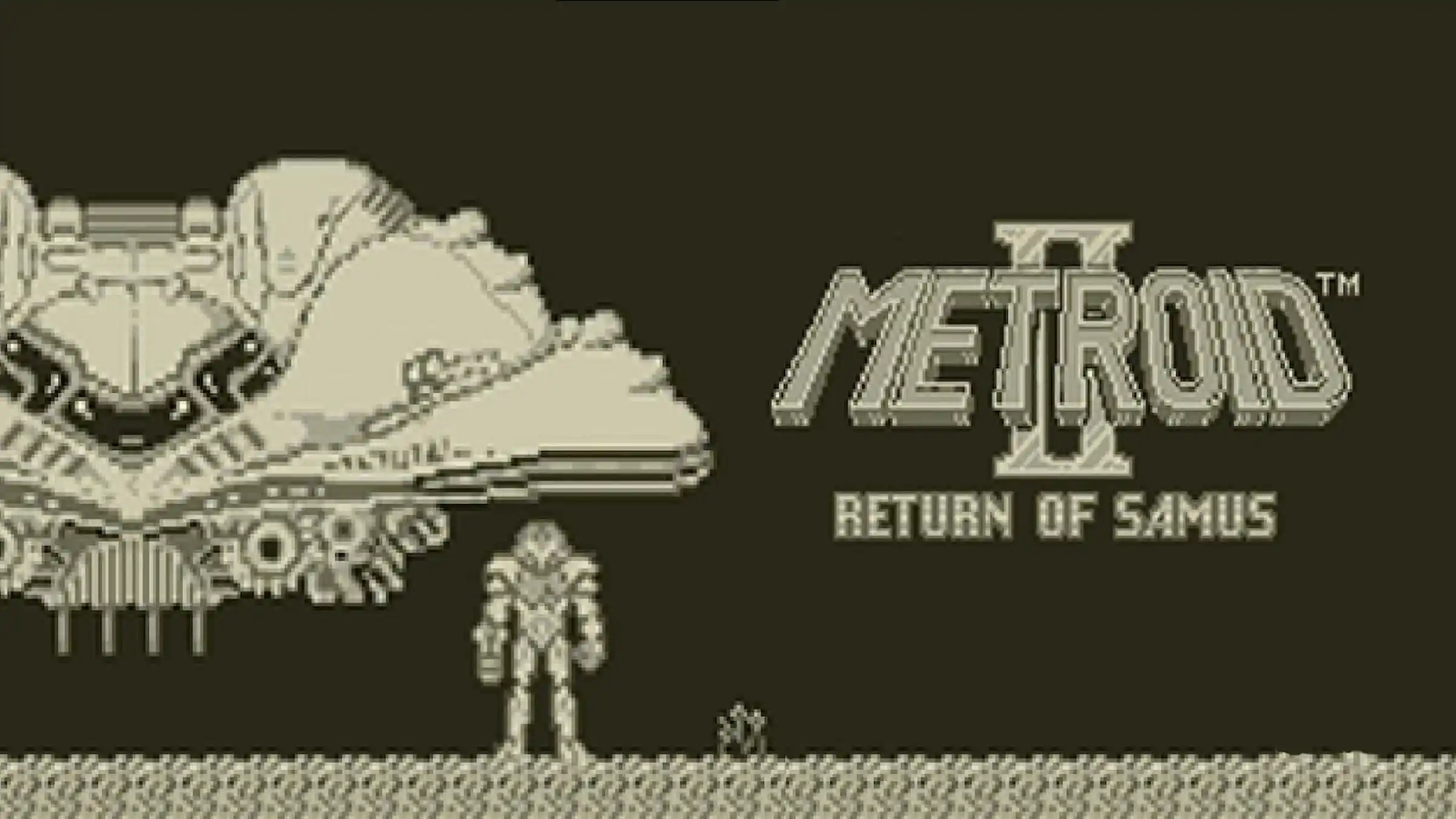
Released for the Game Boy in 1991, Metroid II: Return of Samus is a significant game in the series because it added important story details and introduced key characters like the Metroid Queen and the baby Metroid, who would become central to future games. However, the Game Boy’s limited technology made the game harder to enjoy. The small screen and low resolution made it frustrating to navigate, and exploring often felt random. Despite these limitations, Metroid II remains a very important title.
This game was the first to clearly define Samus’s goal as completely wiping out the Metroid species, which gave the story a memorable and somewhat unsettling focus. It also added many new enemies, locations, and a stronger sense of completing specific missions. However, the game’s repetitive caves, lack of a map, and clunky controls hold it back. While historically important, it doesn’t play as well as modern games. Many of its best concepts were later improved upon in the excellent remake, Metroid: Samus Returns. Metroid II is still a crucial part of the series’ history, but it doesn’t measure up to later installments.
9) Metroid
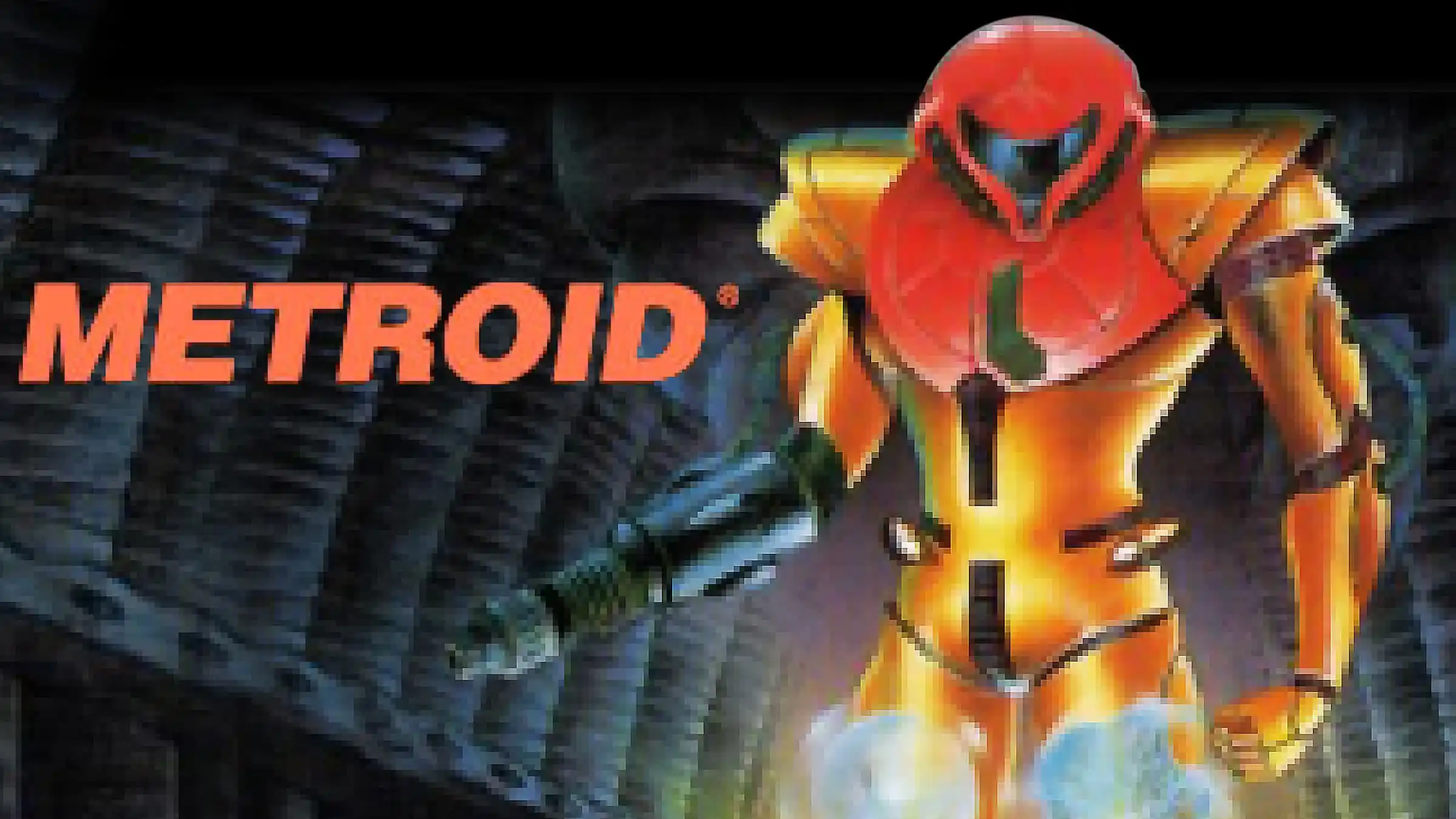
The original Metroid isn’t just a classic: it’s one of the most important video games ever made. Its atmosphere, nonlinear exploration, and mysterious world were revolutionary in 1986, establishing a formula that would inspire countless developers for decades. Zebes, with its labyrinthine structure, eerie music, and secrets tucked into every corner, created a new genre long before the term “Metroidvania” existed.
While still a classic, today’s players will quickly notice some frustrating aspects of the original Metroid. It lacks a map, forces you to retrace your steps often, and doesn’t clearly show how to advance. The enemy behavior can be unpredictable, damage is harsh, and the password save system feels very outdated. Even with these flaws, the game remains a surprisingly strong example of innovative design that was ahead of its time.
The original Metroid‘s most lasting impact is how it created a feeling of loneliness and mystery without relying on traditional storytelling methods like dialogue or cutscenes. The surprise reveal that the hero, Samus Aran, was a woman was a pivotal moment in gaming, solidifying the game’s place in history and making her a beloved character. Though later Metroid games improved upon the formula, the first installment remains a crucial and influential part of gaming’s past, even if it isn’t necessarily the best.
8) Metroid Prime 2: Echoes
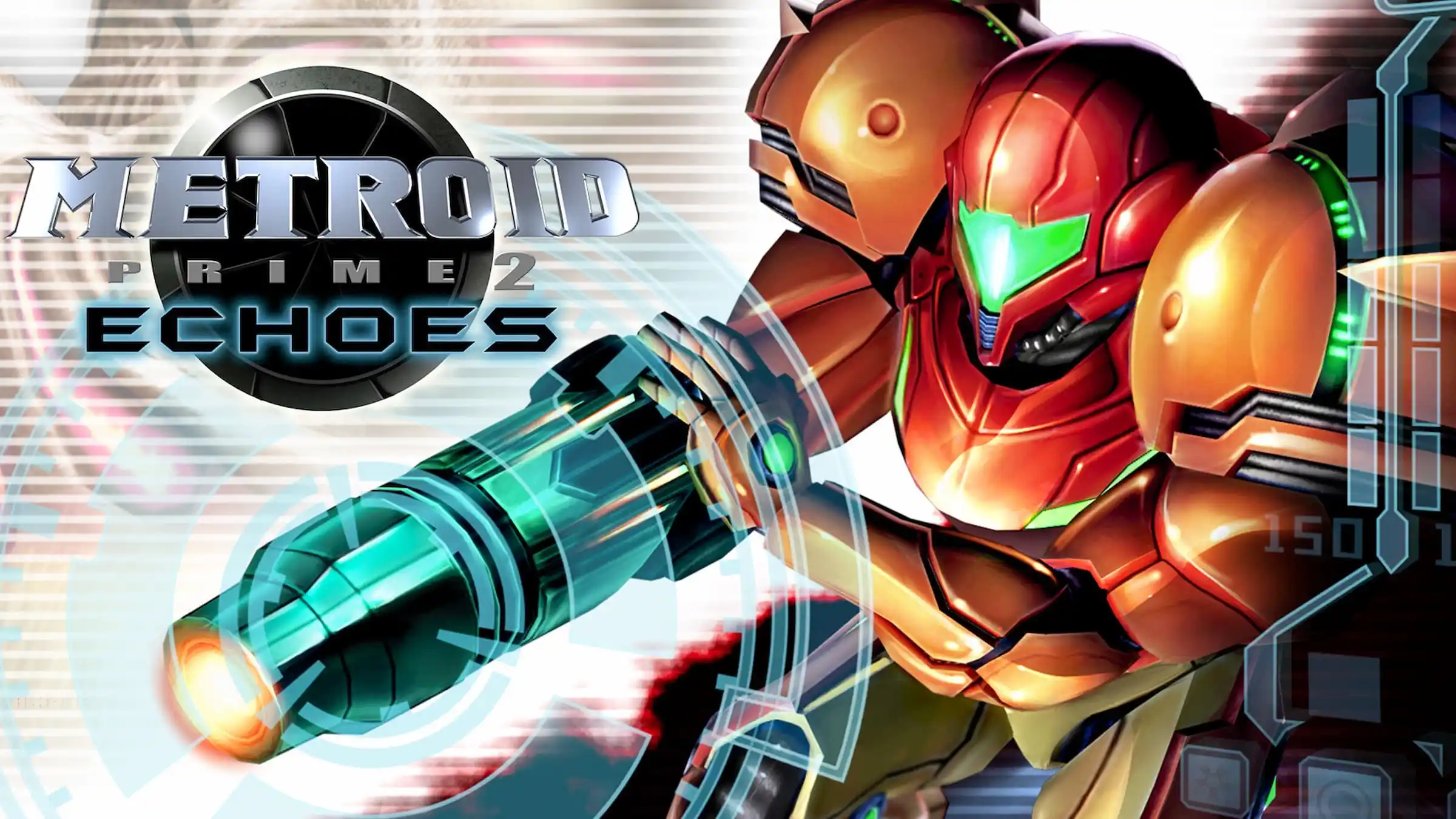
Metroid Prime 2: Echoes is known for being a particularly difficult game in the series, and while that challenge is a key part of what makes it special, it also prevents it from being as highly regarded as other Prime games. Inspired by The Legend of Zelda: A Link to the Past, the game’s Light World/Dark World feature added layers of complexity, but also created harsh environments where Samus was constantly at risk of taking damage. This created a strong sense of tension, but often made exploring feel more stressful than fun.
Echoes is a storytelling triumph. It expands the Metroid universe with fascinating details like the Luminoth civilization, the Ing, and the idea of alternate worlds. The game features some of the most memorable bosses in the series, particularly Quadraxis. Retro Studios also really showcased what the GameCube could do, creating beautiful graphics, a captivating atmosphere, and a truly chilling soundscape.
While not quite as polished as the original Prime, this game still earns high praise. It’s more challenging, follows a more straightforward path, and can sometimes be frustrating to navigate. However, it’s an ambitious and bold game that isn’t afraid to test players. For those who enjoy a tough exploration experience, it’s still a fantastic game, though it demands a lot of dedication.
7) Metroid Prime 3: Corruption
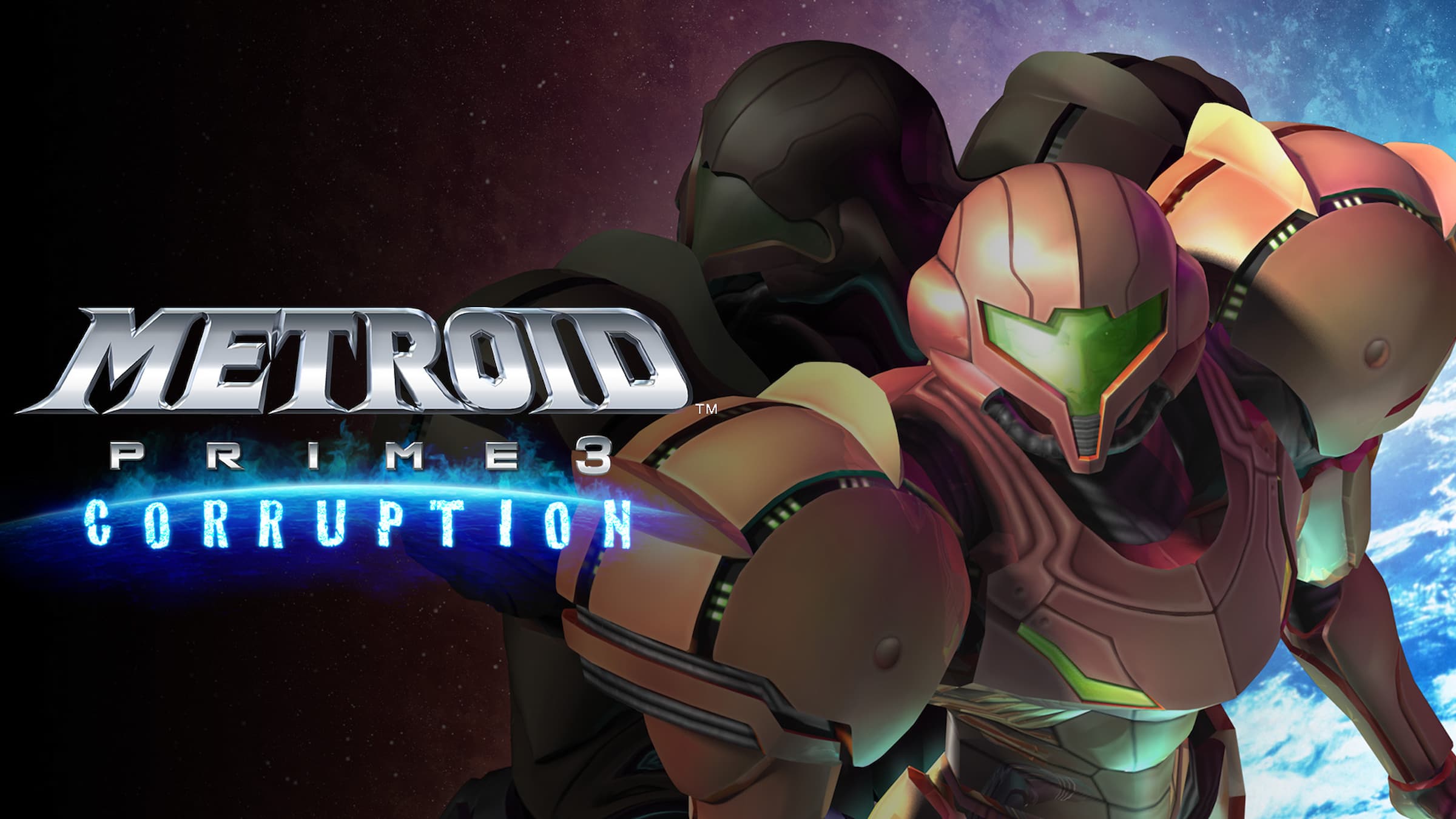
Metroid Prime 3: Corruption wrapped up the trilogy with a grand, cinematic finale, telling a more detailed story than the previous games. Though some players still prefer the original Prime’s sense of isolation and atmosphere, Corruption’s emphasis on story, characters, and epic battles made it a standout game on the Wii.
The Wii Remote’s motion controls revolutionized first-person shooter gameplay, making combat more accurate than in previous Metroid Prime games. Metroid Prime 3 expanded the experience with new abilities for Samus powered by the Phazon suit, exciting flight sections, and a wider range of planets to discover. These improvements, along with easier navigation and clearer goals, created a faster and more seamless gaming experience.
While the game became more accessible to players, it wasn’t without drawbacks. Corruption feels less unique compared to the other games in the Prime series, and some players thought the extra characters and helpful hints weakened what made the franchise special. Despite this, it’s still a fast-paced, well-made adventure that successfully combines a compelling story with the classic Metroid style of exploration. It doesn’t quite reach the same level of atmosphere as the original Prime, but it’s still a very enjoyable game, even if you weren’t a fan of the Wii controls.
6) Metroid: Samus Returns
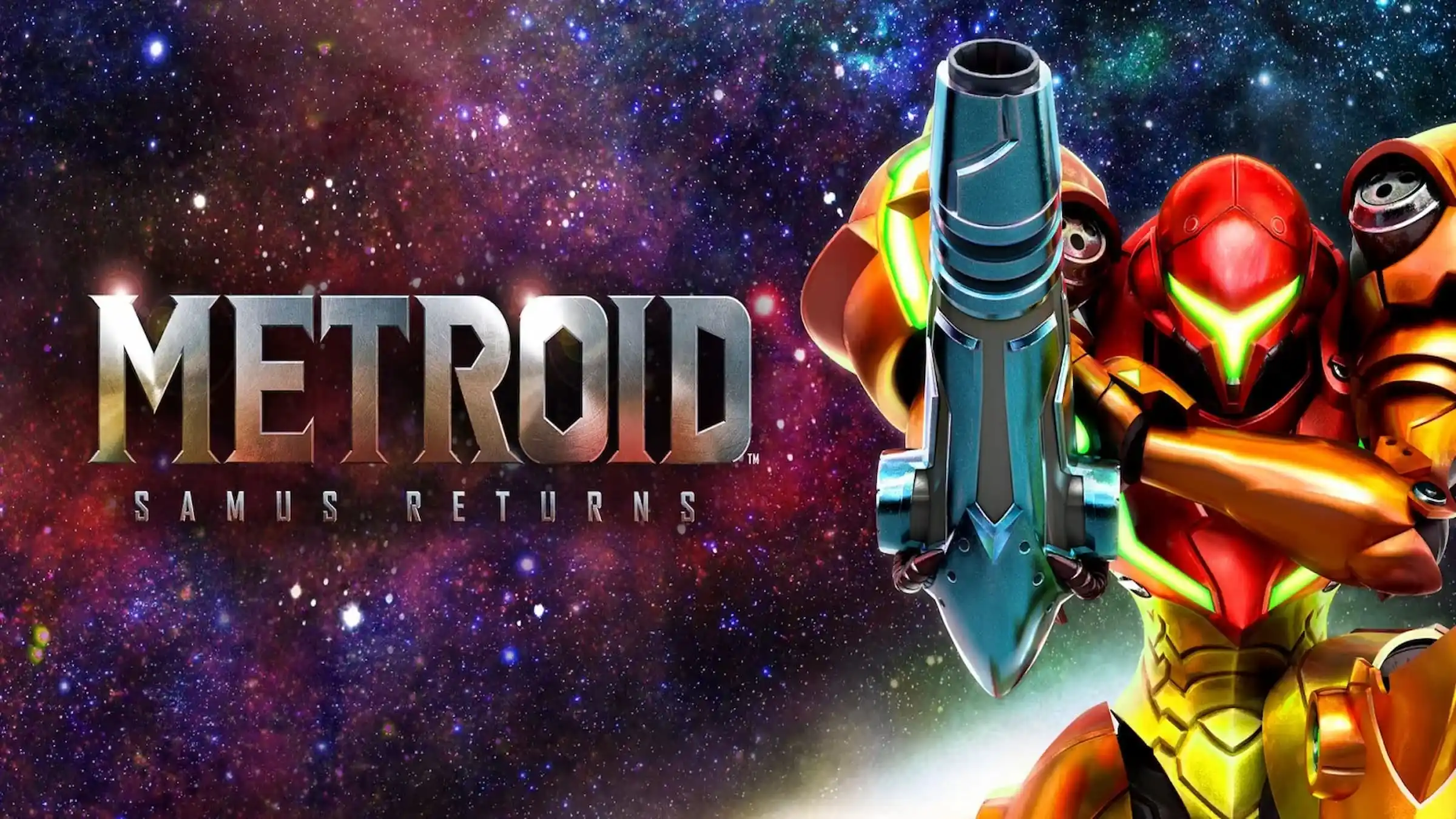
Metroid: Samus Returns is a complete remake of the classic Metroid II, and it delivers exactly what modern handheld Metroid fans want. Developed by MercurySteam, the game completely rebuilds the original, featuring smooth movement, more detailed areas, new powers, and a cinematic presentation that takes the original to a new level. Samus is more nimble than ever, thanks to a new free-aiming system and a melee counterattack that changes how you fight in the series.
Metroid: Samus Returns features new bosses, reimagined battles with the Metroids, and impressive moments that make the story more impactful. It keeps the original game’s eerie atmosphere while adding improvements that help it finally live up to its full potential.
A few players weren’t thrilled with how often the game hid items behind breakable blocks, and the close-combat counter, though enjoyable, sometimes felt repetitive. However, these minor flaws are easily overshadowed by how successfully the game updates a beloved Metroid story. Samus Returns is a fantastic reimagining that both respects the original game and improves upon it in every aspect. It breathed new life into 2D Metroid games and laid the groundwork for Metroid Dread.
5) Metroid: Zero Mission
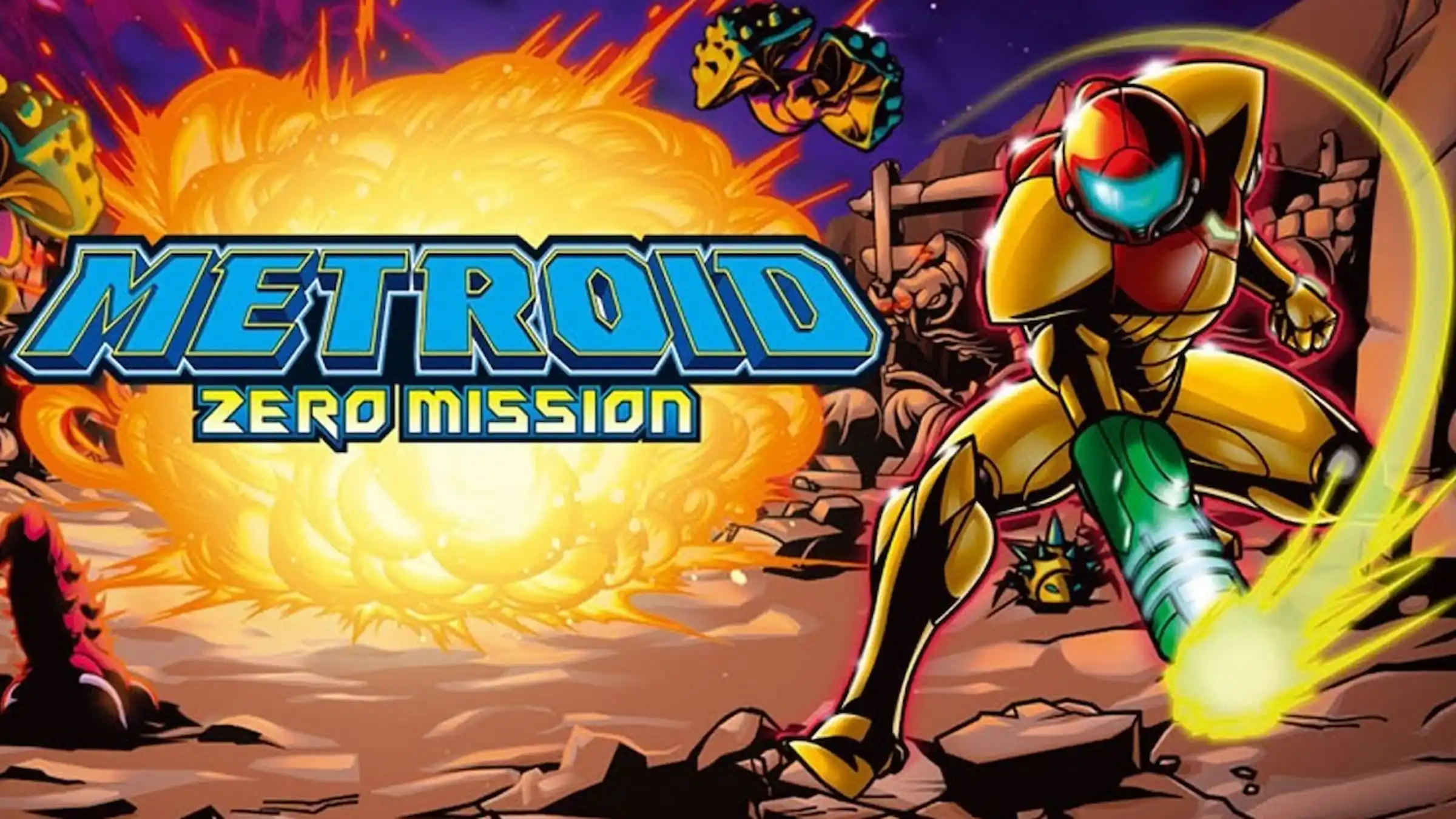
Metroid: Zero Mission isn’t simply an updated version of the original Metroid; it’s the best way to experience the classic. It keeps everything that made the first game great while fixing its frustrating parts with improved controls, beautiful graphics, and a more detailed world. Zero Mission completely revamps the planet Zebes, adding a map, smoother gameplay, new areas to explore, and a compelling post-game story with stealth elements.
Zero Mission fleshes out Samus’s character through clever design and storytelling, rather than relying on dialogue. The famous Zero Suit section introduces a sense of vulnerability and expands the game’s world, highlighting Samus’s resourcefulness and strength. The gameplay is almost flawless, with precise controls, rewarding power-ups, and a perfectly balanced pace. It takes the groundbreaking ideas of the original Metroid and transforms them into a sleek, polished, and highly replayable experience.
Zero Mission is more than just a successful remake; it’s a truly exceptional 2D action-adventure game. It beautifully respects the original Metroid while updating the experience so thoroughly that it feels fresh and new. It’s arguably Nintendo’s best remake, and a high bar that many others struggle to reach.
4) Metroid Fusion
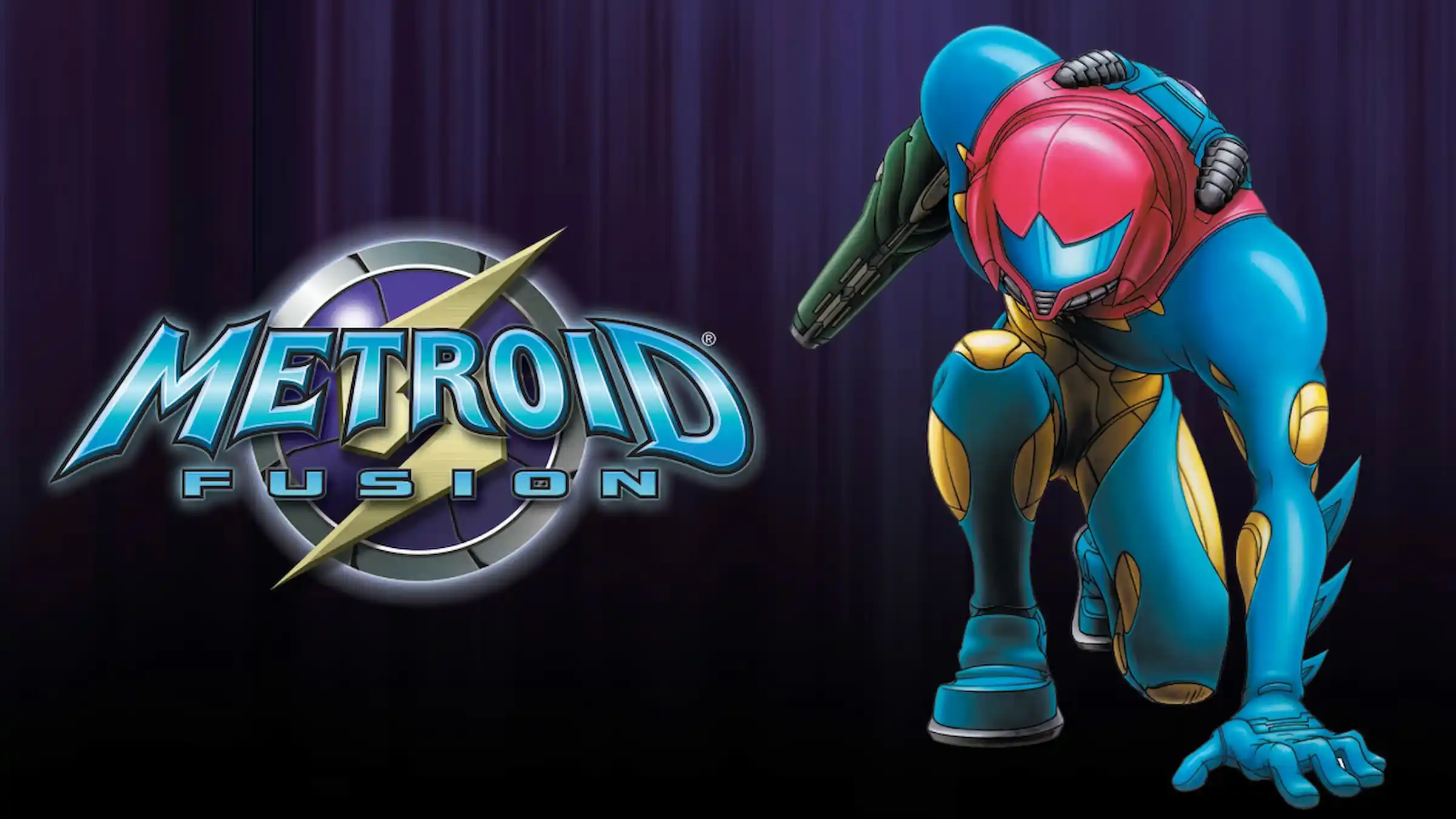
As a huge Metroid fan, I think Metroid Fusion really took the series in a fascinating new direction! Usually, Samus is totally on her own, but this time, the story feels much more driven by the threat of the SA-X – this incredibly creepy, shadowy copy of Samus created by the X Parasite. It made the whole game feel super tense and scary, almost like a horror experience, but it still felt like classic Metroid. It was a really cool way to shake things up while staying true to what I love about the series.
While some fans questioned the straightforward story of Fusion, the game is truly memorable thanks to its fast pace, challenging boss fights, and captivating narrative. It constantly makes you feel vulnerable, particularly during encounters with the SA-X, which are among the most suspenseful moments in the entire Metroid series. Fusion also delves deeper into Samus’s character, exploring her connection to the Galactic Federation and her inner conflict with the X Parasite.
Though different from previous games that focused on free-form exploration, Fusion is remarkably well-executed in its focused approach. It features excellent pacing, detailed environments, and a compelling story – arguably one of the best in the series. Fusion demonstrated that Metroid could tell a more complex story without sacrificing what made it special, paving the way for future installments and inspiring other games in the process.
3) Metroid Dread
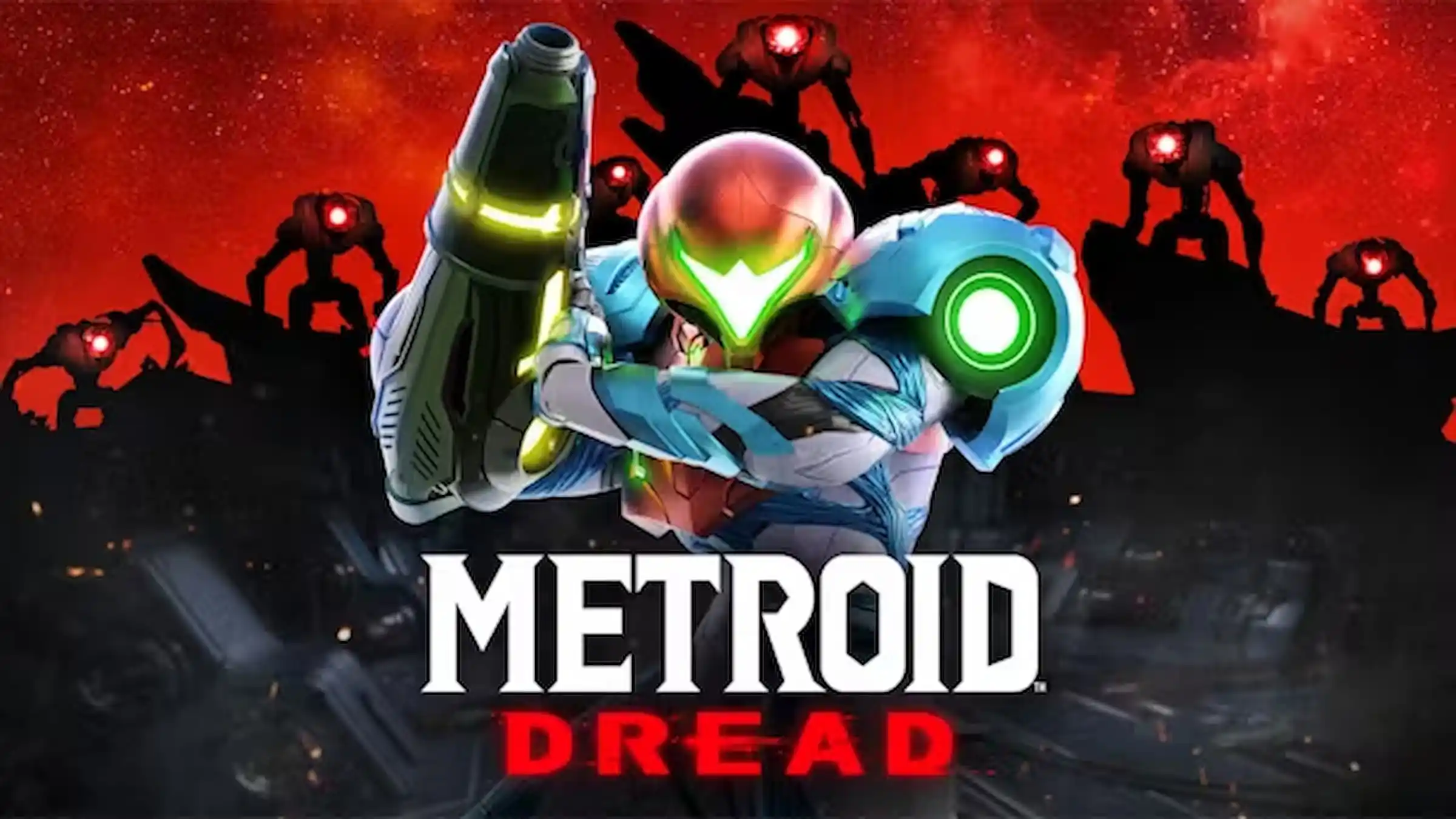
After almost 20 years, Metroid Dread finally gave fans what they’d been hoping for: a completely new 2D Metroid game. And it wasn’t just good – it surpassed all expectations. The developers, MercurySteam, improved on their previous work with Samus Returns, creating a game with incredibly smooth movement, precise controls, and a cinematic feel. Samus is more powerful and nimble than ever, and exploring the planet ZDR feels fantastic.
E.M.M.I. zones add a new layer of intense suspense to the classic Metroid gameplay, combining stealth and survival elements. They heighten the feeling of being hunted, a hallmark of the series, and demonstrate Samus’s ability to overcome challenges. The game’s story also connects to previously unresolved plot points from Metroid Fusion, offering fans a deeper understanding of the series’ history and moving the narrative in exciting new directions.
The boss fights in Dread are amazing, requiring players to truly understand and skillfully use Samus’s moves and powers. The game is challenging but always feels fair. With its smooth graphics, exciting cutscenes, and fast-paced action, Dread is easily one of the greatest 2D action games ever made. It’s not just a return to the series’ roots; it completely reimagines Metroid for a new generation, proving that 2D Metroid games can still be innovative and captivating.
2) Metroid Prime
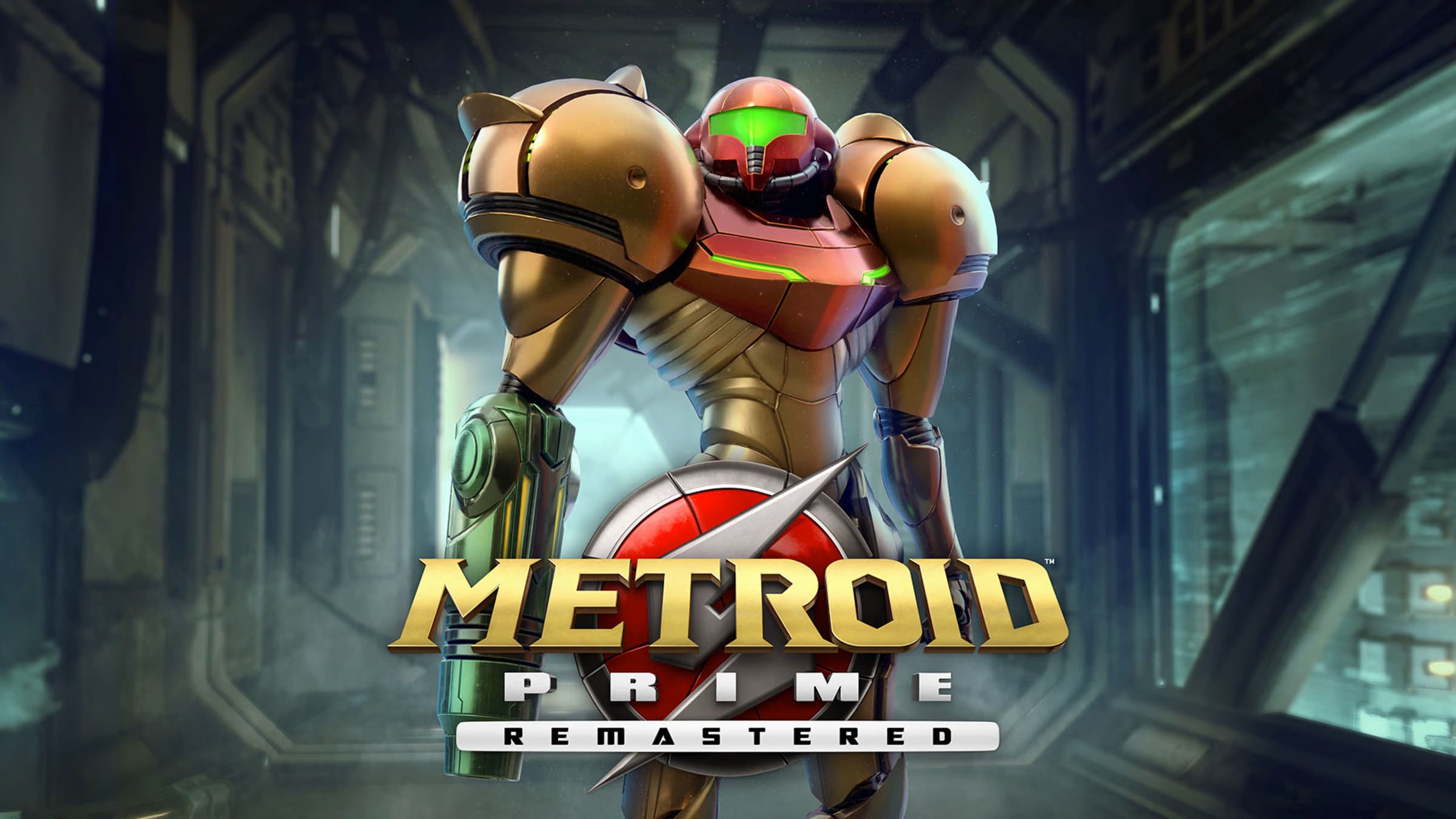
Very few games have made the leap from 2D to 3D as successfully as Metroid Prime. Retro Studios completely reimagined the series while staying true to its unique atmosphere. Prime isn’t just a shooting game; it’s a deeply immersive experience where you explore the world through Samus Aran’s eyes. As soon as you land on Tallon IV, the environment feels vibrant, full of secrets, and rich with subtle storytelling.
The scanning feature is incredibly clever, seamlessly integrating world-building into the gameplay experience. Kenji Yamamoto’s soundtrack is still considered one of the most immersive in gaming. Every area, like Phendrana Drifts and Magmoor Caverns, feels unique, connected, and carefully designed. Even with its 3D graphics, the game maintains the core feel of a classic Metroidvania title, and Metroid Prime Remastered enhances this even further.
The gameplay is intentional and engaging, the puzzles are smartly designed, the controls feel great for moving around, and the boss battles are truly memorable. Prime is a shining example of how to create a deeply immersive experience with excellent pacing and beautiful environments. Even now, it’s hard to find games that capture the same feeling of exploration and wonder. Metroid Prime didn’t just revitalize the series; it raised the bar for first-person adventure games and paved the way for fan favorites, ultimately leading to the highly anticipated release of Metroid Prime 4.
1) Super Metroid
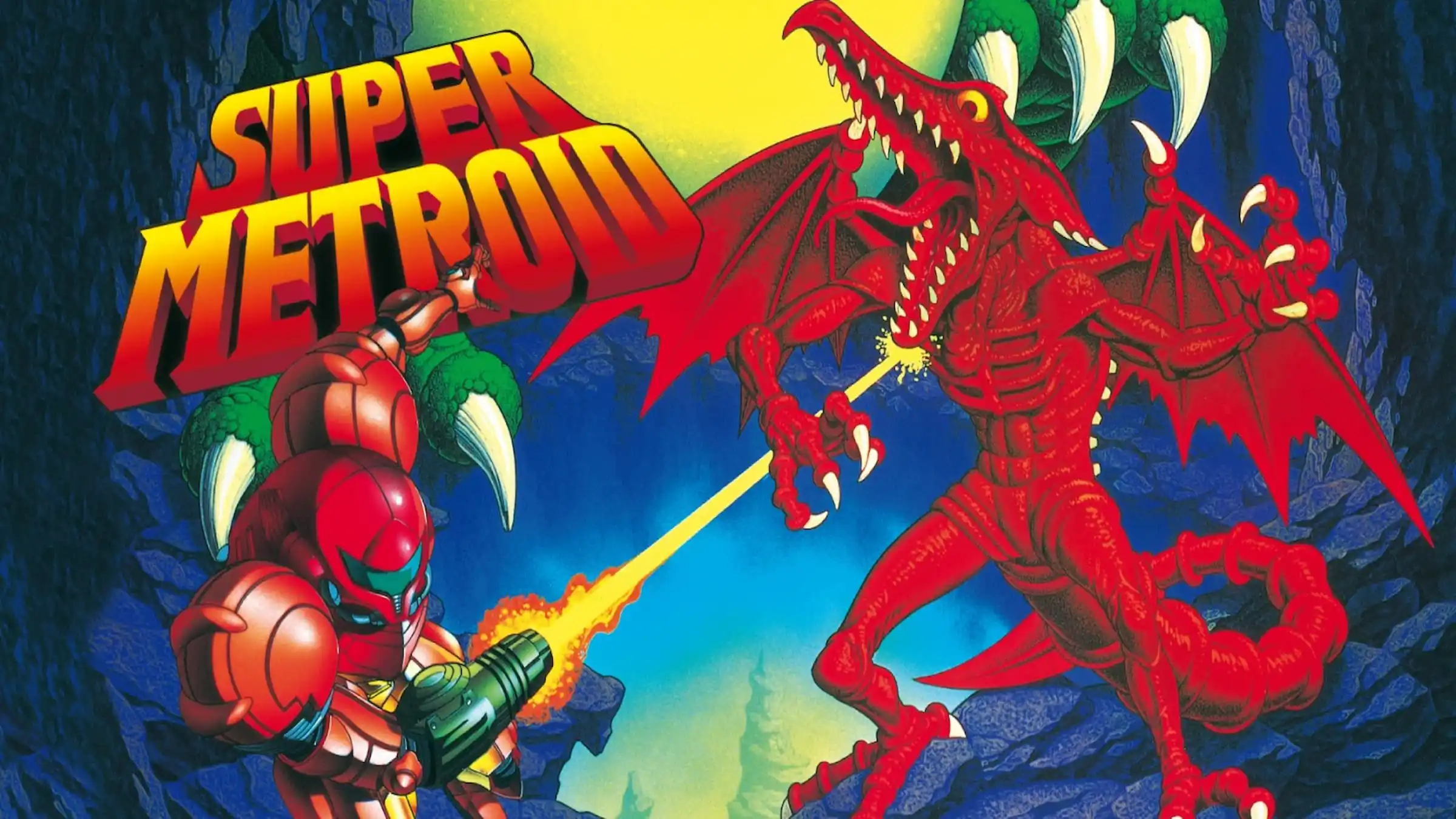
Super Metroid isn’t just the best game in the Metroid series—it’s a true masterpiece, and one of the greatest games of all time. Its atmosphere, gameplay, world design, bosses, music, and emotional story are all exceptional. It essentially created the ‘Metroidvania’ genre and continues to inspire game developers today. While the original Metroid helped start the genre, Super Metroid is what made it incredibly popular.
Zebes, the setting of Super Metroid, is a brilliantly designed world where everything feels connected. From the unsettling arrival at the ruined Space Colony to the famous fight with Mother Brain, every part of the game is clearly made with care. You’ll discover new abilities at just the right moments, enjoy satisfyingly accurate combat, and constantly find rewards for exploring. The game tells a powerful story without relying on any spoken words. The heartbreaking sacrifice of the baby Metroid is still considered one of the most emotional scenes in video game history.
No other Metroid game embodies the heart of the series quite like Super Metroid. It’s a truly exceptional game with a lasting impact, and its quality is clear. Considered a masterpiece, Super Metroid has heavily influenced the genre, inspiring games like Hollow Knight and many others.
What do you think? Leave a comment below and join the conversation now in the ComicBook Forum!
Read More
- Best Controller Settings for ARC Raiders
- Donkey Kong Country Returns HD version 1.1.0 update now available, adds Dixie Kong and Switch 2 enhancements
- How To Watch A Knight Of The Seven Kingdoms Online And Stream The Game Of Thrones Spinoff From Anywhere
- Darkwood Trunk Location in Hytale
- Hytale: Upgrade All Workbenches to Max Level, Materials Guide
- Ashes of Creation Rogue Guide for Beginners
- PS5’s Biggest Game Has Not Released Yet, PlayStation Boss Teases
- New Netflix Movie Based on Hugely Popular Book Becomes An Instant Hit With Over 33M Hours Viewed
- Nicole Richie Reveals Her Daughter, 18, Now Goes By Different Name
- Olympian Katie Ledecky Details Her Gold Medal-Winning Training Regimen
2025-11-21 03:21